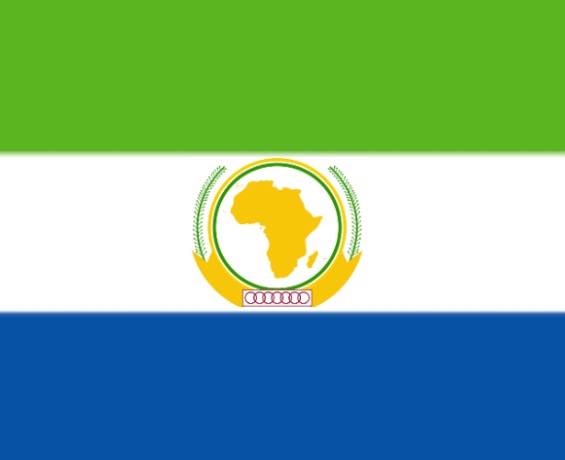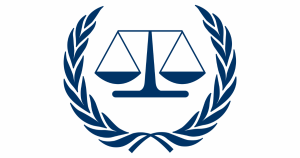On Thursday 2 July 2015 the Parliament of Sierra Leone ratified the AU Protocol to the African Charter on Human and Peoples’ Rights on the Rights of Women in Africa, also known as the Maputo Protocol. The Government Motion was passed unanimously after a marathon debate, ten years after the entry into force of the Protocol, and makes Sierra Leone the last of the countries of West Africa to ratify this document.
Since its adoption, the Protocol has being hailed as one of the most progressive women’s rights instruments globally, as it contains specific provisions banning violence and discrimination against women (articles 2 and 4), female genital mutilations (FGM) and other harmful traditional practices (article 5).The Protocol also promotes – inter alia – women’s participation to the political process (article 9), education and training (article 12) and health and reproductive rights (article 14).
Statement by Alvilda Jablonko, Gender and Human Rights Program Coordinator of No Peace Without Justice:
“No Peace Without Justice (NPWJ) and the Nonviolent Radical Party, Transnational and Transparty (NRPTT), welcome this ratification as a significant milestone in the country’s legal struggle to protect women’s rights. We congratulate the Government of Sierra Leone for having kept its promise to ratify the Protocol, and encourage the other 14 AU member countries that have signed but have not yet ratified to follow the example set by Sierra Leone.
“No Peace Without Justice (NPWJ) and the Nonviolent Radical Party, Transnational and Transparty (NRPTT) acknowledge the important role of civil society organizations – in particular Manifesto 99 in Sierra Leone, as well as Equality Now, SOAWR and others more widely – which have persistently called for the ratification of the Protocol and the full respect of international human rights standards.
“Ratification of the Maputo Protocol is also an important signal that Sierra Leone remains committed to building on the achievements of the Special Court for Sierra Leone and in particular its ground-breaking advances on supporting and promoting the rights of women. It is critical for the international community to support efforts to safeguard the legacy of the Special Court by Sierra Leone and others, including by providing political and financial support to the Residual Special Court for Sierra Leone.
“Even though, as mentioned by Minister for Social Welfare, Gender and Children’s Affairs Mr Moijueh Kaikai in presenting the Protocol to the House of Parliament, most of the its Articles are already provided for in the 1991 Constitution and the Agenda for Prosperity (AfP) shows a strong commitment to women’s rights, there remains much work to be done. NPWJ encourages the Parliament of Sierra Leone to adopt all necessary legislation to fully domesticate all parts the Protocol, including those that have been the source of particular controversy, such as Article 5, which calls for the prohibition, through legislative measures backed by sanctions, of all forms of female genital mutilation. No Peace Without Justice (NPWJ) and the Nonviolent Radical Party, Transnational and Transparty (NRPTT) are fully confident that the Parliament of Sierra Leone is now in a position to take a firm stand in line with the relevant international human rights instruments and obligations.
For more information, contact Alvilda Jablonko, Coordinator of the Gender and Human Rights Program, on ajablonko@npwj.org, phone: +32 494 533 915 or Nicola Giovannini, email: ngiovannini@npwj.org, phone: +32 2 548 39 15.




